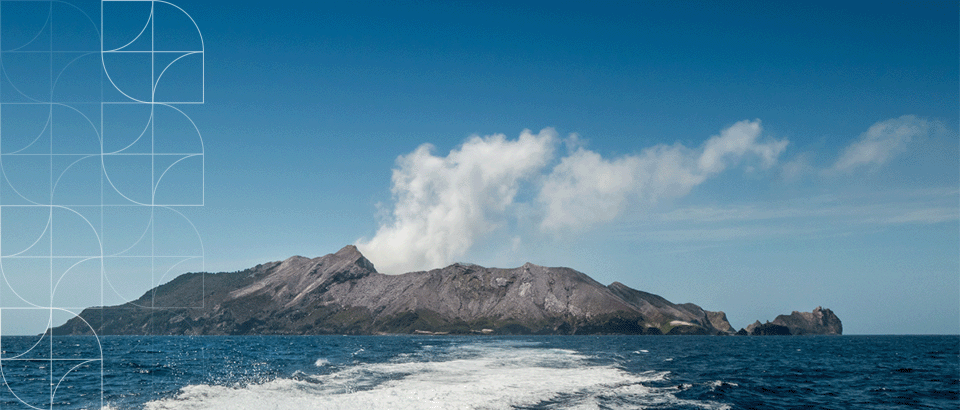Are you responsible for the risks of recreational activities being carried out on your land?

Are you responsible for the risks of recreational activities being carried out on your land?
Monday 20 November, 2023
The recent prosecution of Whakaari Management Limited (WML) under the Health & Safety at Work Act 2015 (the Act) could have implications for landowners who allow access to their land for recreational activities, including adventure tourism activities.
The charges
WML leased Whakaari (White Island) from another company and was responsible for managing the island. It entered into licensing agreements with the operators whose customers toured the island.
Whakaari erupted on 9 December 2019. There were 47 people on the island at the time it erupted, 22 lost their lives and 25 were seriously injured.
WML was charged as a person conducting a business or undertaking (PCBU) with two breaches of the Act. The charges alleged WML breached its duties to ensure, so far as reasonably practicable, that:
- the workplace was free from risks to health and safety; and
- the health and safety of tourist operators and tourists, which WML allowed on to Whakaari, were not put at risk because of its management of Whakaari.
The Court’s findings
The Court found that:
- Whakaari was a workplace because tour operators went to work on the island and carried out work for businesses there.
- WML actively managed and controlled Whakaari as it set the conditions around access to Whakaari through its licence agreements, which it could terminate for breach. It was more than a passive landowner.
- WML was not just making money from Whakaari, it conducted a business with its income dependent on the success of the tours. There would have been no tours of Whakaari without WML.
It did not matter that WML itself was not providing the tours and had no staff or presence on Whakaari, that it actively engaged with the Institute of Geological and Nuclear Sciences Limited or that other entities were assessing the risk for their own purposes. Unlike most cases where a landowner only grants access to their land, WML was also providing a recreational activity, exposure to a volcano. As such, WML was responsible for managing the activity’s risk as far as was reasonably practicable.
The Court held that to discharge its duties, WML needed to assess the risk arising from conducting tours on Whakaari to be able to manage that risk. It needed to assess the risk from the outset and continue to do so given Whakaari’s unpredictable nature. WML could not transfer the duty to assess the risk to others such as the tour operators.
WML had not undertaken its own risk assessments. Therefore, it breached its duty to ensure (so far is reasonably practicable) that the island was without risk to health and safety. The Court also noted that if WML had obtained the necessary expert advice, it would have fully understood the risk and either stopped tours or implemented effective controls (if possible). Its failure to take these steps exposed the tourist operators and tourists to a risk of death or serious injury.
However, because WML did not influence or direct the tour operators’ work once they were on Whakaari, WML was not guilty of breaching its duty to ensure that the health and safety of the tourist operators and tourists were not put at risk because of its management of Whakaari.
WML, together with six other defendants who pleaded guilty, will be sentenced in early 2024. The maximum penalty for the breach committed by WML is a fine not exceeding $1.5 million.
Next Steps
If you are a landowner who might be responsible for the risks associated with the recreational activities carried out on your land, or you have any other health and safety concerns please contact one of our team of experts below.






